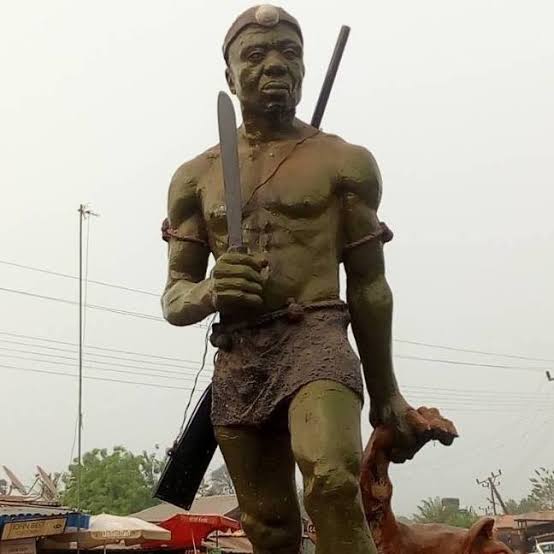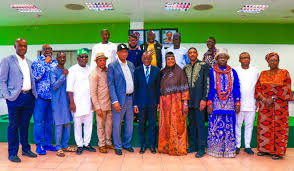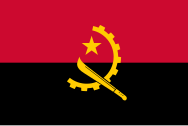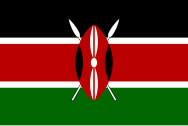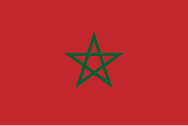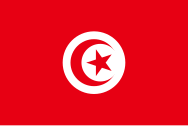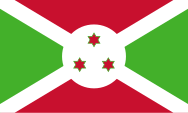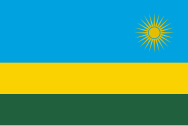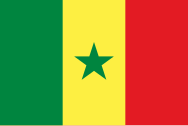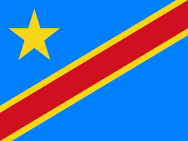Owan is an ethnic group in the Northern part of Edo State, Nigeria. They are one of the Edoid peoples.[1]
Owan is currently made up of two Local Government Areas, namely: Owan East and Owan West, including so many clans; notable amongst them are: Ihievbe, Emai people, Iuleha land, Ora, Igue, Uokha, Otuo, Ikhin, Ivbi-Mion,Ikao, Ivbi-adaobi, Ozalla, Uzebba etc.[2]
Owan was derived from the largest and longest river in the area which
is known as Onwan/Owan. Onwanvbua was abbreviated as onwan, which means
one who makes merry in affluence.[3]
The name Owan, also pronounced Onwan, is derived from the root word
"Owanbua" which is a name of a notable daughter of Egomi of Uvbiato.
Uvbiato is the present day Uhonmora, meaning the head of all Ora.
Folklores have it that Madam Owan married at Otuo[4]
village but was not blessed with any children. When she died, it is
said that she was not left in her hut because she had no children. So,
she was determined to return to her hometown and her burial place became
a stream that flowed from Otuo, through many villages in Owan East and
expanded in Owan West because she said that she has reached her home
before joining the Ule river which eventually emptied into the river
"Ose".[5]
Notable people
- Eng
Nathaniel Oyakhire Ilube, one of the first four West Africans to be
enlisted in the British Royal Academy, second set of The Nigerian
Military School, Zaria, First Nigerian broadcast engineer at BBC who
brought BBC to Africa, pioneer engineer at Radio Bendel and Bendel
television, first General Manager of Edo Broadcasting Service.
- Aigboje Aig-Imoukhuede, former CEO, Access Bank PLC and current chairman of the Nigerian Stock Exchange[6]
- Grace Alele-Williams, first Nigerian woman to receive a doctorate, first female vice chancellor in Nigeria.[7]
- Francis Abiola Irele, professor of African Studies at Harvard University,[8] Provost at Kwara State University.[9]
- Olusegun Olutoyin Aganga, former Minister of Trade, Commerce and Investment[10]
- Mai Atafo Nigerian fashion tailor[11]
- Yisa Braimoh former senator[12]
- Michael Imoudu, Labour Leader[13]
- Dele Momodu, owner of Ovasion Magazine[14]
- DJ Neptune Nigerian producer and disk jockey[15]
- Aize Obayan, Professor, former vice chancellor of Covenant University,[16] and current Vice Chancellor of Landmark University[17]
- J. D. 'Okhai Ojeikere, photographer[18]
- Modupe Ozolua, philanthropist[19]
- Mabel Segun, writer and winner of Nigerian Prize for Literature, 2007[20]
- Ambruse Vanzekin, Nigerian goal keeper[21]
- Waje, Nigerian singer, who became famous after being featured on P-Square's 2006 hit track "Do Me"[22]
Tourist destinations
- The
Giant Footprints of Ikhuse-oke and Ikhuse-osi in Owan-West L.G.A: -
Located in a sacred grove between Ukhuse-oke and Ukhuse-osi[23]
in lulehe clan of Owan west local government area, very distinct
footprints of a prehistoric giant are permanently embedded on the flat
granite rocks. Some believe the footprints were made when the world was
still in its molten state.[24]
- Ihievbe Waterfalls, located in Ihievbe, Owan-East L.G.A: Here, water
gushes out hot at one point and ice cold at another. The natives claim
that the water is medicinal.[25]
- The lapping rocks of Igwe-sale in Owan-East L.G.A.
- Akatamiyan Shrine in Ihievbe, Owan-East.
- The Animal Footprints of Ivbiodohen - Footprints of various species
of animals are embedded on a flat granite stab that confound all
imaginations. Legend has it that the footprints were imprinted during
the formative stages of the planet earth.[26] The footprints are very detailed and like the ones in Ukhuse Oke,[27]
will require extensive archaeological research. Ivbiodohen is in luleha
clan of Owan west Local Government area north of Edo state.[28]
- The Great Hills of Urhoe in Owan-East L.G.A.
- Arhe Spring in Uzebba,[29]
Owan West L.G.A.: Folklore has it that this spring gives water to
Uzebba. It is believed that the goddess of this spring is blessed with
long breasts, and that she blesses the area with fertility.[citation needed]
- In Avbiosi (Owan West) there is Agbede Abohi.
The whistling tortoise in Avbiosi
The
Okhaku'roros so perfected the art of wars to a stage that they used
magical means to make tortoises into signaling devices. These tortoises
would whistle to indicate imminent attacks. An Akhuere or ducant tree
was planted on a spot in Avbiosi to mark the fetish object, which they
named Unuo gboeren. To avoid spiritual repercussions, hunters would not
pick the whistling tortoise in that vicinity. The Unuo gboeren is a
shrine that still stands today in Avbiosi. In 1976, the Unuo gboeren
tree was to give way to a new road, being constructed by Niger cat
construction company. The road was supposed to be a thoroughfare,
passing through Avbiosi to Ifon in Ondo state, Nigeria.[30]
The intervention of Pa Alfred Onime Obuhoro spared this tree, and the
road was diverted from the shrine. Pa Obuhoro was born under the tree on
24 December 1922. This shrine is appeased during severe draughts to
bring rain.[31]


